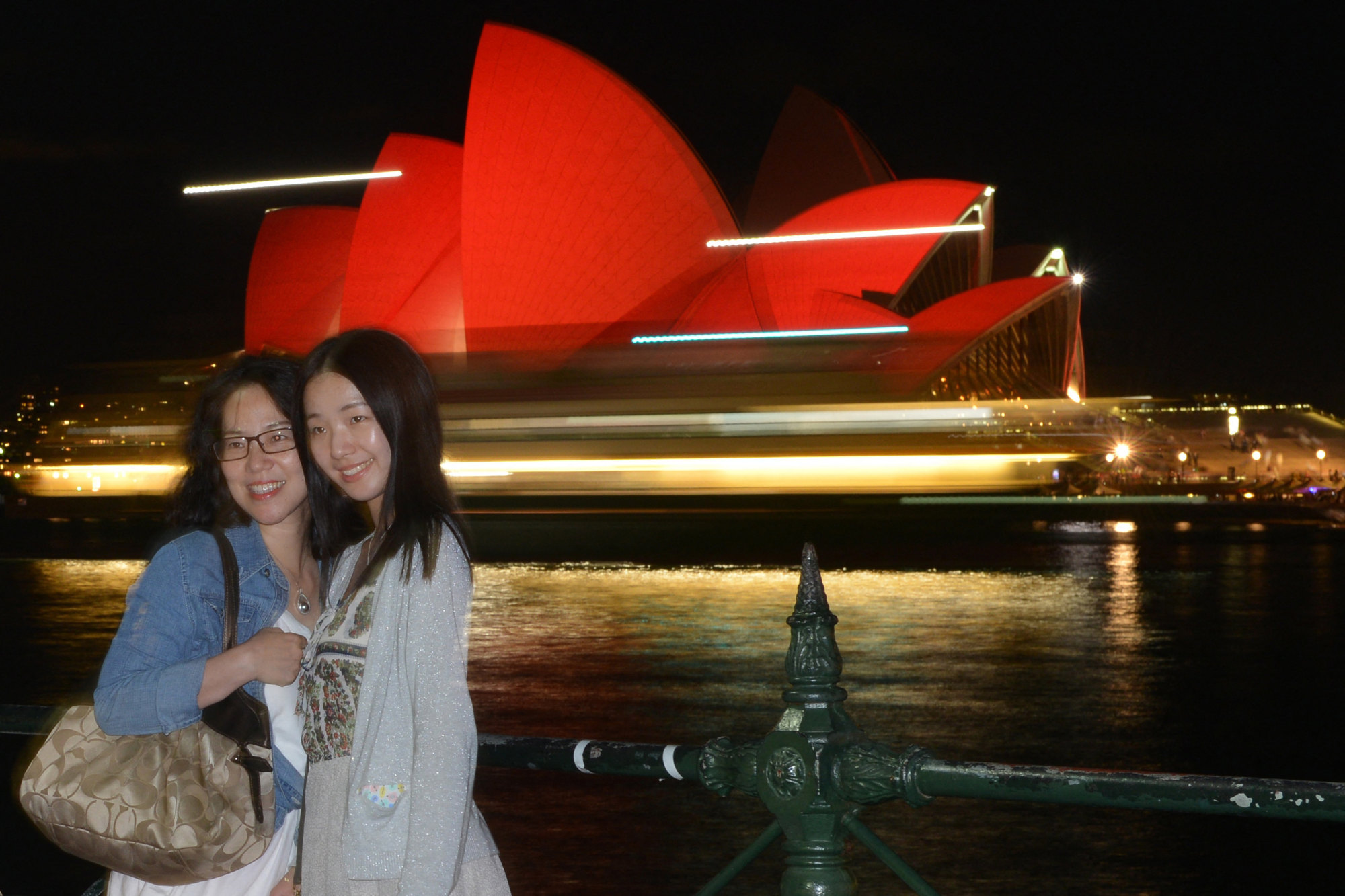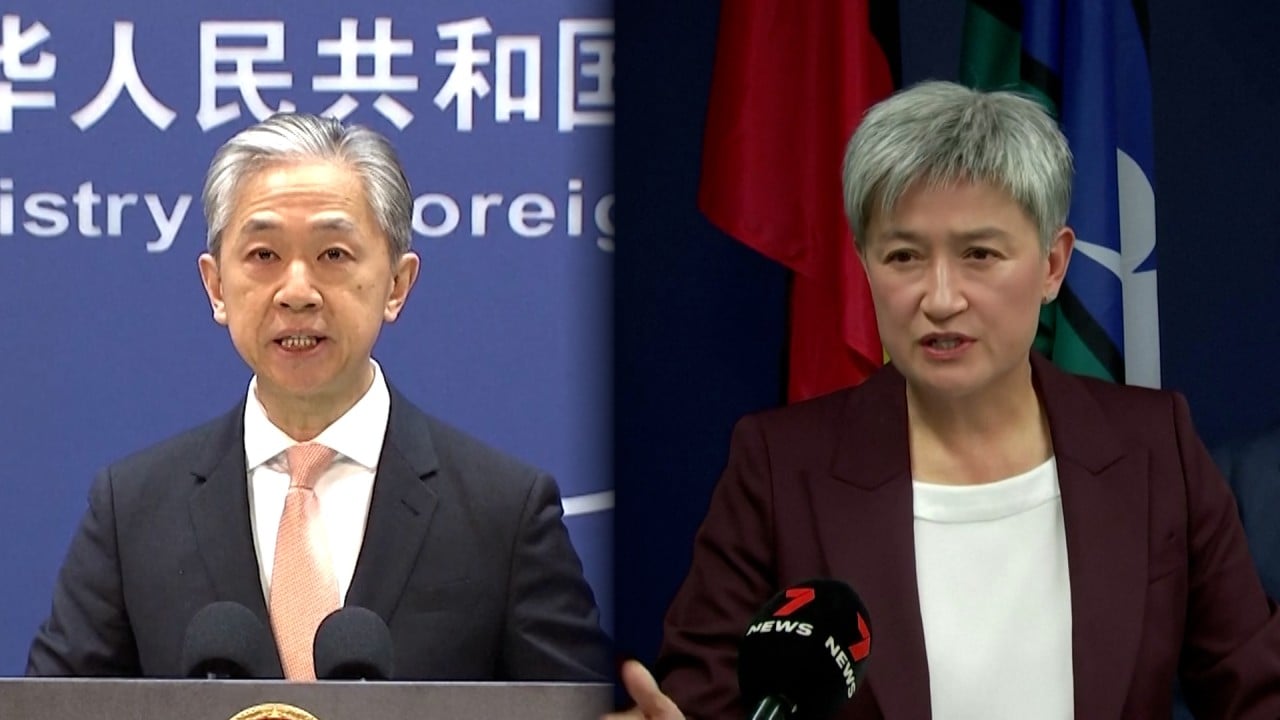
Most Chinese-Australians distrust India compared to rest of population, survey finds
- Survey of 1,200 people also reveals over a third of Chinese-Australians continue to report being treated differently because of their heritage in 2022
- Chinese-Australians are also less likely to see China as a military threat than the rest of Australia, Lowy Institute report says
Conversely, a majority of Australians trust India but most Chinese-Australians do not, according to the Lowy Institute’s annual “Being Chinese in Australia” survey for 2022. India is the least trusted country among Chinese-Australians in this survey.
In turn, China and India have had skirmishes over border disputes.
More than a third of Chinese-Australians continue to report being treated differently or less favourably because of their heritage in the past year, although 75 per cent of survey respondents expressed a a great or moderate sense of belonging to Australia.
One in five Chinese-Australians (20 per cent) said they were called offensive names because of their heritage in 2022, according to the Lowy Institute’s annual “Being Chinese in Australia” survey for 2022.
But this declined from 31 per cent in 2020.

“A key finding of the 2020 survey was that a sizeable minority of Chinese-Australians (18 per cent) reported being physically threatened or attacked because of their Chinese heritage. This figure remained the same in 2021 but declined four points to 14 per cent in 2022,” the report said.
Sixty per cent of the 1,200 Australians who identified as having Chinese heritage surveyed by the Lowy Institute late last year expressed confidence in Prime Minister Albanese to do the right thing in world affairs, more than any other world leader.
While bilateral tensions between Canberra and Beijing eased, there had been recent local media “red alert” reports about an imminent war with China, sparking debate and criticism from Australians.
Incidentally, the Lowy report revealed that Chinese-Australians are less likely to see China as a military threat than the rest of the Australian population.
A majority – 61 per cent – of the 1,200 adults surveyed said threats from China were unlikely, compared with 23 per cent of the rest of the population.
Seven in 10 Chinese-Australians – roughly the same as 2021 – viewed China as more of an economic partner than a security threat.
Chinese-Australians who have links with China also said their attachment to the mainland had declined.
In 2020, 65 per cent felt connected to China but in 2022, that figure was 56 per cent.
Some Chinese-Australians who recently returned from China after visiting their families following the reopening of borders told This Week in Asia that they were concerned that political conditions on the mainland could become more repressive.


